Kleros and Doges on trial, an Explanation Pilot.

The word "kleros", meaning "opportunity" in Greek, is related to the kleroterion, which was a randomness device made of stone used in the democratic processes in ancient Greece. Athenian citizens would place their personal pinakion a small bronze identification plate - on the kleroterion to be selected at random to become juries in public legal disputes.
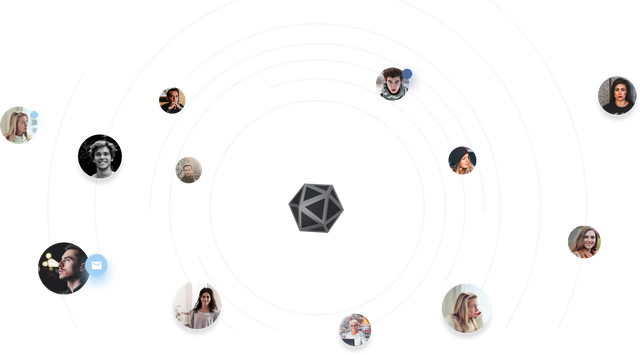
Much of our social interactions are related to social networks through Twiter, Facebook, YouTube etc, which connect us with advertisers to make purchases of goods and services with sellers (Amazon and eBay). The vision of Kleros is to build a decentralized network of juries to adjudicate disputes in different industries. In this way, it will become a fundamental part of the infrastructure of the next generation of the Internet.
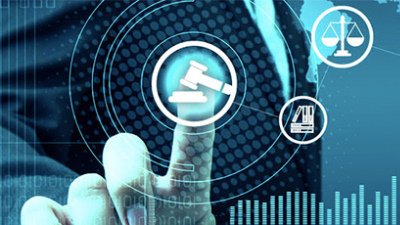
Kleros is a decision protocol for a court system capable of resolving all kinds of disputes. It is an autonomous organization that works as a mediator in all types of contracts. It is based on a legal vision, to discover the truth about events from a confusing series of clues through juries that follows a procedure where they use evidence to produce a result. Kleros takes advantage of crowdsourcing, blockchain and game theory technologies to develop a justice system that produces safe, low-cost decisions.
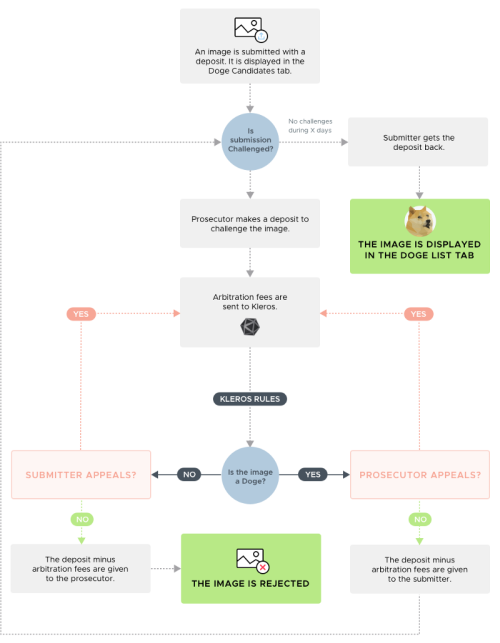
Kleros proposes a completely innovative way of resolving disputes, a method based on game theory to generate economic incentives for juries to solve cases honestly and in blockchain to guarantee security in the process. Doges to test is a crypto-economic experiment based on the application of cured list. It consists of two different sections:
The Interface: You will see colored dots in the upper right part of the images.
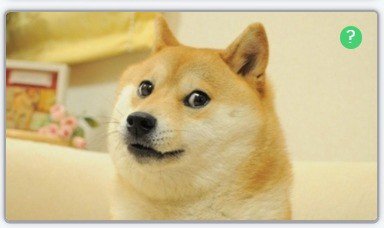
The image is currently under test, was marked by a prosecutor and is now under trial. The members of the Kleros jury are evaluating the evidence and will make a decision.
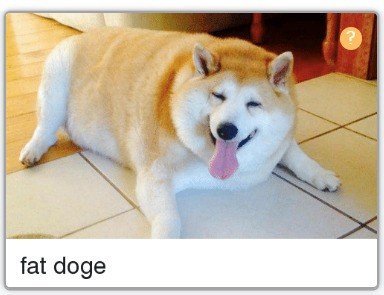

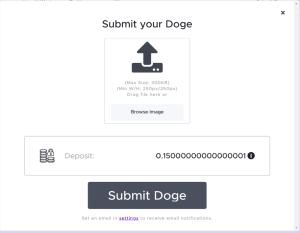
The function of senders is to send images to the list. For each presentation, you must make a deposit in ETH. After the presentation is made, the funds remain blocked during a period of challenge. Two things can happen during this period, nobody questions the presentation and the sender receives a refund for his deposit. A prosecutor questions the presentation, in which case the image is aimed at resolving disputes. The senders are rewarded in two ways: When sending valid images of Doge. At the end of the experiment, we will make a list of the senders who published unique images of Doge. We will divide 1,000,000 of Doge Coins among all of them.
By carrying out successful attacks on the system. If a sender gets a cat accepted on the Doge list, he will receive 2 ETH and one cryptokitty (this reward is limited to the first 10 cats accepted). For an attack to be considered successful, the presentation of the cat must not be challenged by the challenged prosecutors and the trial wins (and it is not presented again)
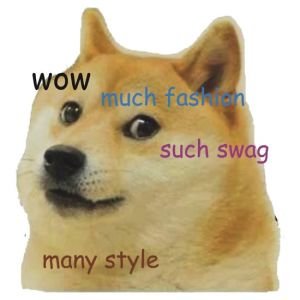
In traditional justice systems, prosecutors are in charge of initiating legal proceedings against suspects. They "mark" suspects of having broken some community rule and then the case goes to trial. In Doges on Trial, prosecutors will flag shipments that they believe do not comply with the rules. Every time they challenge a presentation, prosecutors must deposit ETH. The marked presentations go to trial, the decision will be taken by a jury of Kleros. After the dispute is decided, the losing party can appeal the jury's decision and have it ruled again.

The members of the jury decide whether a marked image is a Doge or not. For each case it resolves, a jury will receive a compensation in ETH that comes from the deposit of the losing party. To be chosen at random to resolve disputes, jurors must deposit the PNK card (the card is important so that Kleros's incentive system works correctly.
Kleros is based on the idea that economic incentives will cause juries to vote independently and honestly for the true answer. These incentives, we hope that the users self organize to create a great list of Doges and only Doges. The economic incentives will make users submit images, challenge them and participate in the resolution of disputes.
The real goal is to understand user behavior and test the system's defenses against a host of hostile actions, such as bribes and attacks. The willingness of the user to attract dishonest results will be mediated, varying the budget and the nature of the attacks and observing the effects in more or less ambiguous cases.
It is important to keep in mind that this is a simplified version of Kleros with a series of key functions not yet implemented as secret voting, government, multiple subcourts and the possibility of dividing the appeal fees.
In addition, to understand the behavior of the attacker, the economic incentives for malicious actors are inflated artificially (for example, an attacker would get a disproportionately large reward for successfully attacking the system by having a cat accepted on the list). The intention is to put Kleros under a stress test, with conditions even harder than they would be in normal situations.
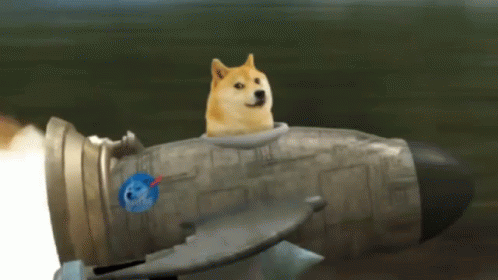
Those who wish to participate in the contest, click on the following link: https://steemit.com/crypto/@originalworks/940-steem-sponsored-writing-contest-kleros
kleros2018
This post has been submitted for the @OriginalWorks Sponsored Writing Contest!
You can also follow @contestbot to be notified of future contests!